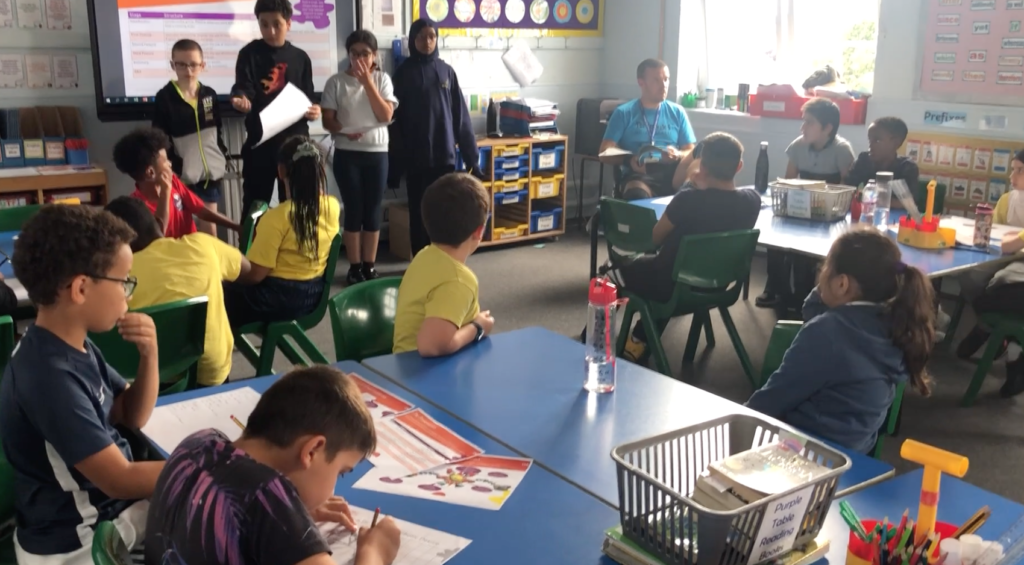
The story
Videogames have long been known to provide a platform for learning, whether it be through the content and context of the game or the tasks and skills they challenge players to develop (Gee, 2003). Checkpoint firmly believes in the potential of videogames to increase children’s engagement with education and has partnered with Brunel University London to explore the effectiveness of videogame-based learning in a pilot project.
The Pilot Project
Brunel University London is delivering a pilot program to assess the pedagogy behind Checkpoint’s prepared lesson materials, with the ultimate aim of supporting the National Curriculum in Key Stage 2 (years 5-7). By gathering feedback on classroom learning and positive pedagogical outcomes, Checkpoint will continue evaluating the pedagogy inherent in the materials and further explore the potential for cultural capital development (narrative/content) contained within videogames (Squire, 2008).
Expanding the Program
To build on the pilot’s successes, Checkpoint is reaching out to game designers and publishers to develop a larger program of work. They invite stakeholders to be involved and to help fund this work, which delivers on ESG/CSR and on the United Nations’ SDG Article 4 – Global Education. The goal is to use videogame culture to develop critical thinking, innovation, and intrapersonal skills, enabling young students to be actively involved in the pedagogical process (Annetta, 2008).
Collaborating with the Videogame Industry
To achieve their ambitious goals, Checkpoint must work with videogame industry stakeholders to access elements of the cultural capital built by their brand/products. They aim to refocus the way videogames and games culture are used to engage young people with elements of education (Key Stage 2) (Squire, 2011). By working with stakeholders, Checkpoint plans to further develop, test, and market videogame-inspired learning materials for in-classroom teaching.
Redefining the Approach
This collaboration will enable stakeholders to re-establish their educational offer and redefine the approach the videogame industry takes towards educational publishers, education providers, and the UK’s Department for Education. Brunel University and Checkpoint will provide the means for policy makers to support the teaching of the National Curriculum with confidence, leveraging videogame-inspired learning materials that have been fully evidenced.
Moving forward
By combining the power of videogames with the academic excellence of Brunel University London, Checkpoint is leading the way in redefining the future of education. As they continue to develop and expand their program, they invite stakeholders, game designers, and publishers to join them in their mission to unlock the full potential of videogame culture in education.
References:
- Gee, J. P. (2003). What video games have to teach us about learning and literacy. New York: Palgrave Macmillan.
- Squire, K. (2008). Open-ended video games: A model for developing learning for the interactive age. In K. D. Pivec (Ed.), Digital Game-Based Learning (pp. 167-198). Berlin: Springer.
- Annetta, L.A. (2008). Serious Educational Video Games: How and Why They Work. Review of Educational Research, 78(3), 465-499.
- Squire, K. (2011). Video Games and Learning: Teaching and Participatory Culture in the Digital Age. New York: Teachers College Press.
